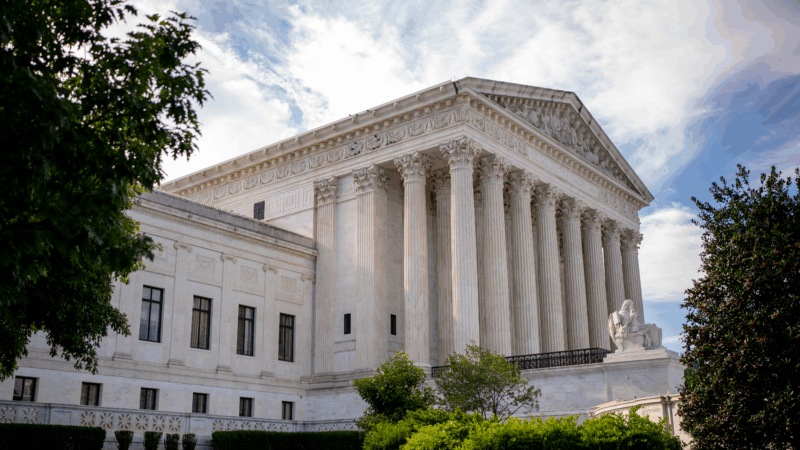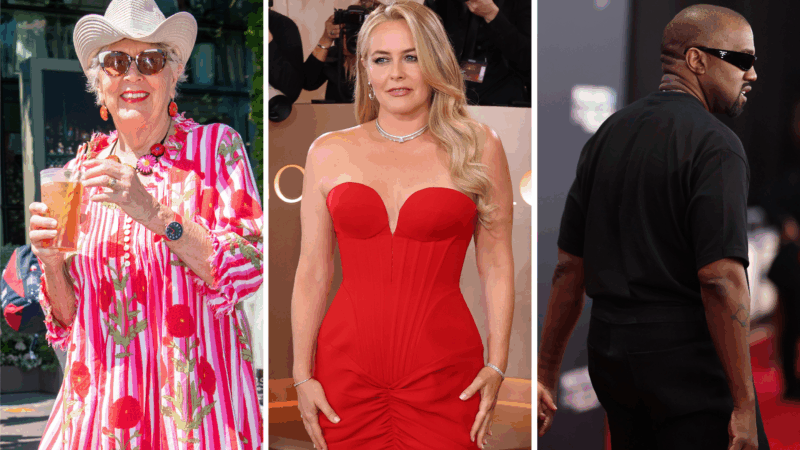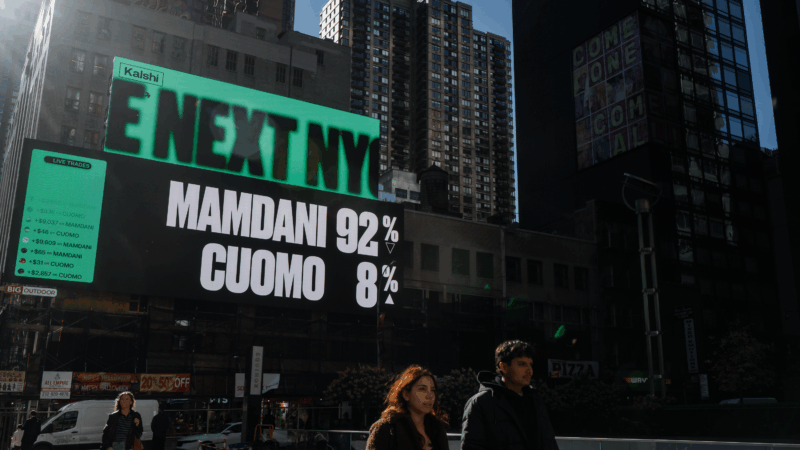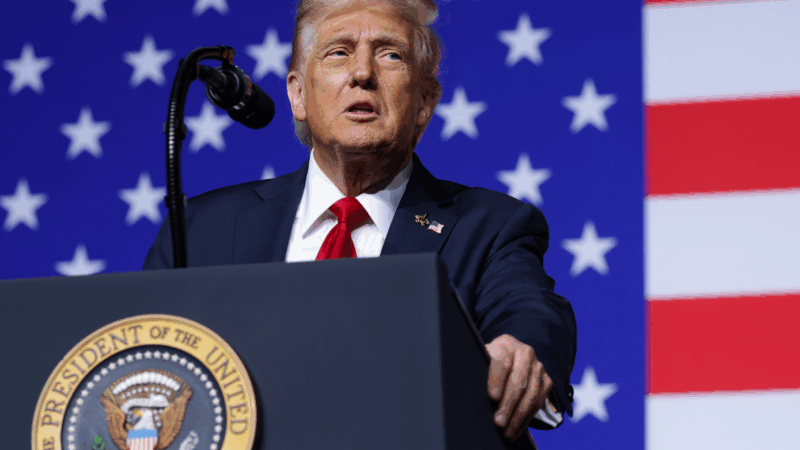Supreme Court allows NIH to stop making nearly $800M in research grants for now
The Supreme Court on Thursday overturned by a 5-4 decision a lower court order, deciding at least temporarily, that the National Institute of Health does not need to continue paying out approximately $783 million in research grants to projects that the institute has since-stopped funding.
But the court, in its emergency docket order, also left in place by a 5-4 order a lower court ruling that threw out NIH memos that enforced the administration’s policies.
Justice Amy Coney Barrett sided with the court’s conservatives save Chief Justice John Roberts who sided with the court’s three liberals.
In February, the NIH, the “largest public funder of biomedical research in the world,” began terminating federal grants en masse for projects that did not “align with” the Trump administration’s policies.
In what the ACLU has referred to as “an ideological purge,” Robert F. Kennedy Jr., the secretary of Health and Human Services, instructed a re-evaluation of all grants funding or supporting “DEI and gender identity research activities and programs.” Funding was also withdrawn from projects studying “vaccine hesitancy” and the impact of the COVID-19 pandemic, projects that the NIH asserts have “outlasted” their “limited purpose.”
The NIH leaders argue that “awards can be terminated if they do not support agency objectives or policies” as noted in the NIH’s Notice of Award Stipulations. They compared this case to an April Supreme Court emergency docket decision where the justices allowed the administration to freeze $65 million worth of Department of Education DEI-related grants while the case proceeded in the lower courts.
Sixteen states, as well as advocacy organizations, and researchers disagreed—they sued the NIH and Kennedy, arguing that terminating the research grants was unconstitutional.
A federal district court judge concluded that the terminations were based on “no reasoned decision-making” and, after a bench trial, temporarily reinstated the grants. In his decision, Judge William Young, criticized the NIH for breaking “a historical norm of a largely apolitical scientific research agency.” The First Circuit Court of Appeals refused to intervene in the lower court’s temporary decision.
But on Thursday, the Supreme Court blocked the district court’s order, allowing the Trump administration to pause paying out grants to researchers as this case proceeds in the lower courts.
U.S. life expectancy is going up. Think how many more news quizzes you can do!
When the news gets too heavy, the quiz is forced to turn to pop culture questions — so there are a lot this week. Let's see how you do!
Kari Lake promotes Trump on Voice of America. Does that break the law?
Critics say U.S. Agency for Global Media's Kari Lake risks making Voice of America sound like a propaganda outlet in her remarks on the air praising President Trump.
Kalshi in court over 19 federal lawsuits. What’s the future of prediction markets?
Apps that let people wager on current events have experienced explosive growth in Trump's second term. But one of the leading markets is tied up in lawsuits that cloud the industry's future.
Want to be part of a village? You might need to get out of your comfort zone
If you've always dreamed of having a village but feel disconnected from your community, try these five tips. Plus: We want to hear from you. Tell us how you cultivate community where you live.
Trump thinks a weaker dollar is great for America. Is he right?
The president said this week that the value of the dollar is "great" despite a sharp tumble since last year. That may be true for certain parts of the economy — but not others.
Meet Mediocre Bunny, the non-Spanish speaker learning Bad Bunny songs
Niklaus Miller, aka the Mediocre Bunny, has spent months learning Bad Bunny's songs ahead of the superstar's Super Bowl half-time show. Millions of fans have tagged along for the journey. Now, he's begging the universe for a ticket. Will it deliver?








